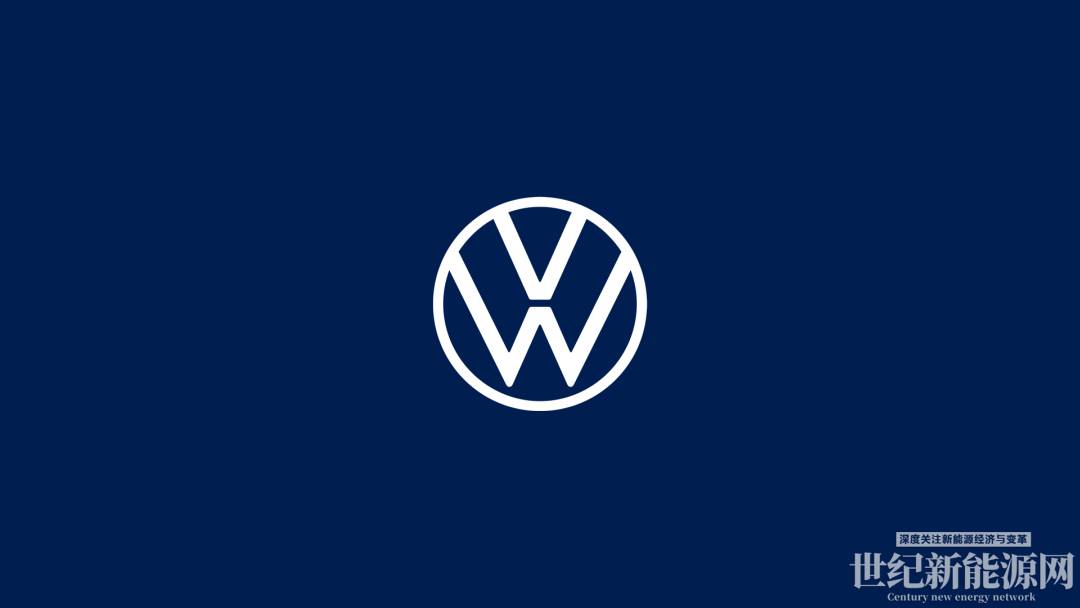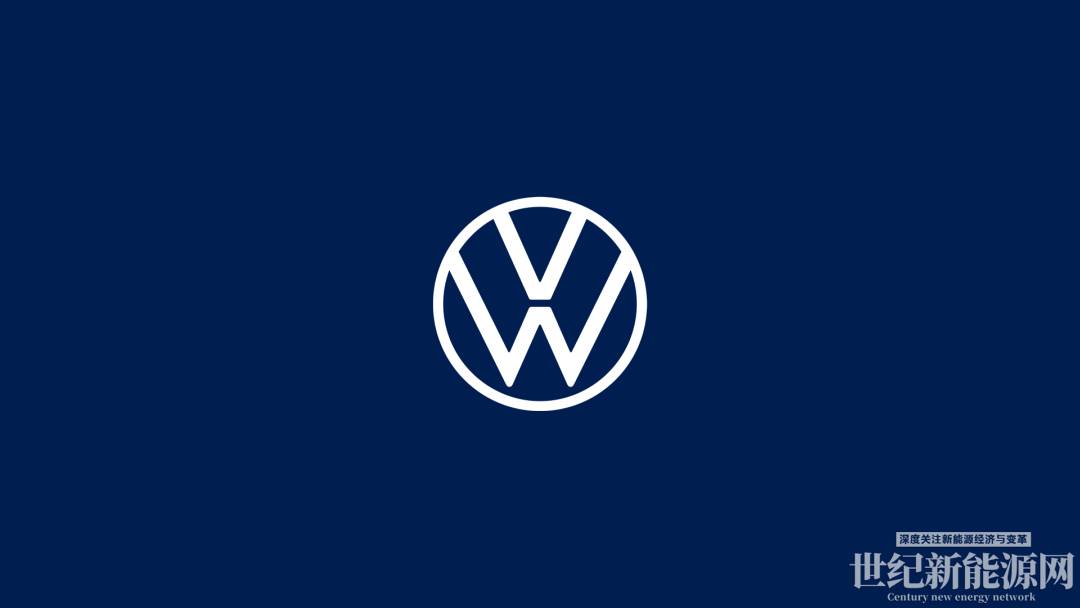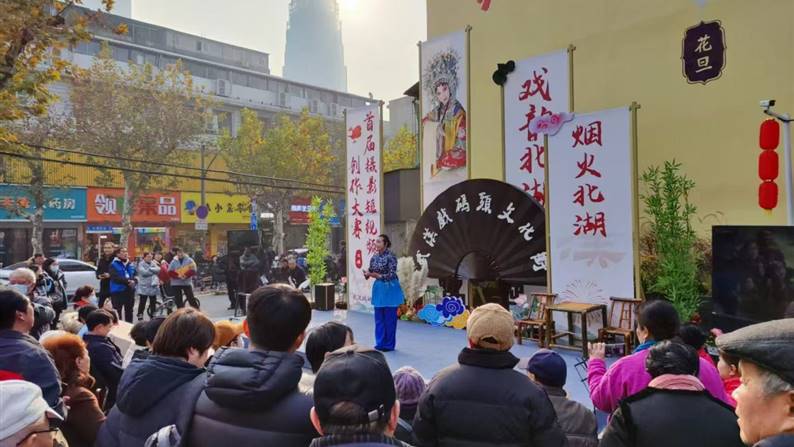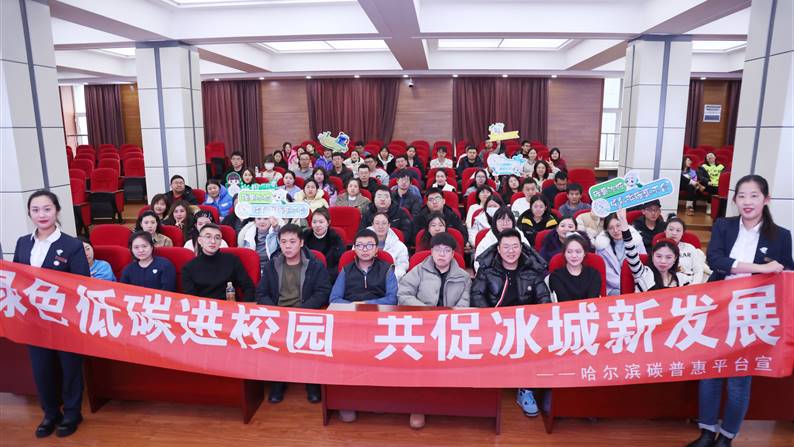

Volkswagen Group and Kraftwerk Tubes (KT) are working together to develop a new hydrogen fuel cell for a future production model with a range of up to 2,000 km, Hydrogen Watch has learned.

The news marks a shift in Volkswagen's stance on developing hydrogen energy.
Sascha kuhn, CEO of KT, said, "The ceramic membrane is the distinguishing feature of our development of hydrogen fuel cell reactor with Volkswagen, which is different from ordinary fuel cell reactor. Ceramic membranes are cheaper to produce than polymer fuel cells and do not require platinum." He also said the ceramic membrane does not need to be soaked during the operation, so it can alleviate concerns about mold absorption in the freezing, high-temperature environment in winter. In addition, it generates the heat used to run the car's air conditioning heating, improving overall energy efficiency.
KT confirmed that the hydrogen fuel cell it is developing will not only be available to Volkswagen, but will aim to implement the technology in mass production models by 2026. Future models equipped with the hydrogen fuel cell stack will have a range of 2,000 kilometers.
Hydrogenwatch has learned that Volkswagen previously said it was not optimistic about hydrogen fuel cell vehicles. In an interview with Fortune in 2021, Volkswagen CEO Diess said that the commercialization of hydrogen fuel cell technology is now too optimistic and "won't happen in 10 years."
However, Volkswagen-owned luxury car brands Bentley and Audi have also been reported to be making plans for hydrogen energy. At the brand's 100th anniversary, Bentley CEO Adrian Hallmark confirmed that the company will unveil a futuristic concept car powered by hydrogen, using the latest technology and an overall design upgrade. Audi also revealed in 2016 that it had partnered with Ballard to develop a hydrogen fuel cell vehicle, and launched the h-tron Quattro fuel cell concept vehicle in the same year. The concept car has two electric motors, one for each axle, producing 230 kilowatts of power.
氢能观察获悉,大众汽车集团(Volkswagen Group)与德国Kraftwerk Tubes(简称KT公司)公司正合作开发一种新的氢燃料电池,以用于未来一款量产车型,使汽车续航里程可达2000公里。

该消息证明,大众汽车在开发氢能方面立场有所转变。
KT公司首席执行官Sascha kuhn表示:“陶瓷膜是我们与大众汽车开发氢燃料电池堆的差异化特点,这与普通的燃料电池堆不同。陶瓷膜的生产成本比聚合物燃料电池更低,且不需要铂。”他还表示,陶瓷膜在操作过程中无需浸湿,因此可以减轻人们对于冬季结冰、高温环境中吸收霉菌的担忧。此外,它还能产生用于运行汽车空调供暖的热量,提高整体能源效率。
KT公司确认了正在开发的氢燃料电池不会仅为大众汽车提供,其目标是2026年在量产车型中实现此技术,未来搭载该氢燃料电池堆的车型可以提供2000km续航里程。
氢能观察了解到,此前大众汽车表示并不看好氢燃料电池汽车。2021年,大众汽车集团CEO迪斯在接受《财富》杂志采访时表示,氢燃料电池技术商业化应用现在来讲太过乐观,“10年内都不可能实现”。

打造绿色低碳街区,奏响幸福美好生活最强音
10-18 · 来源:湖北省武汉市江汉区北湖街道环保社区 · 作者:湖北省武汉市江汉区北湖街道环保社区

“碳惠冰城”:东北首个市级平台的“双碳”实践与冰城示范
10-15 · 来源:哈尔滨产权交易所有限责任公司 · 作者:哈尔滨产权交易所有限责任公司

亚洲气候治理新篇章:中国公益代表团参访曼谷气候周,探索跨区域合作新路径
10-10 · 来源:公益时报 · 作者:公益时报